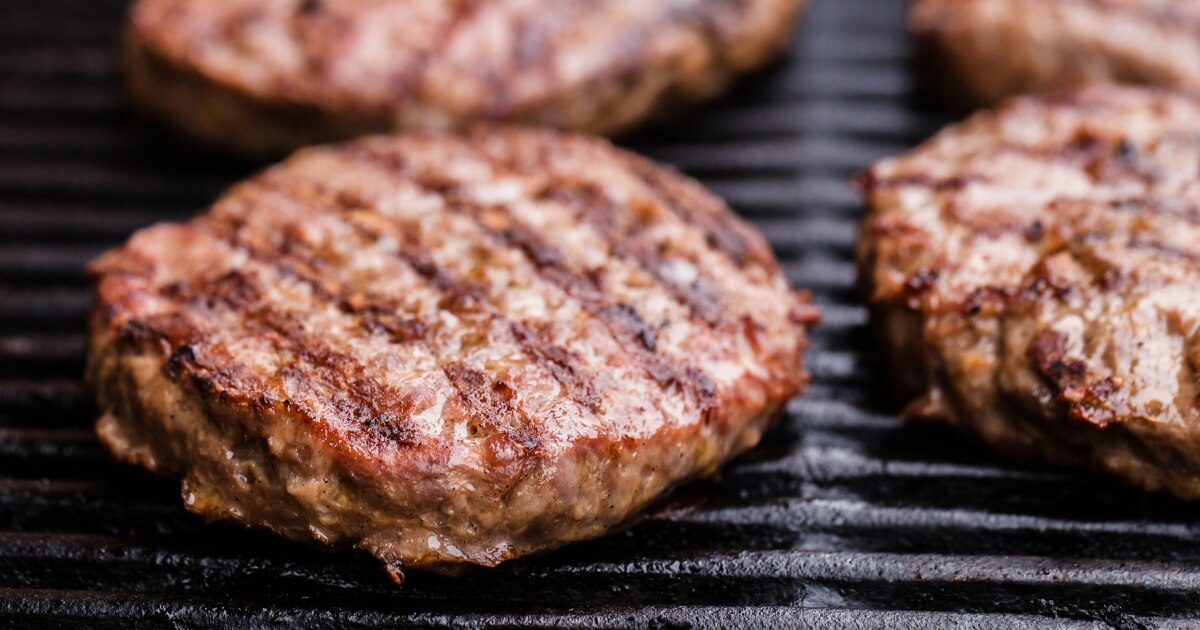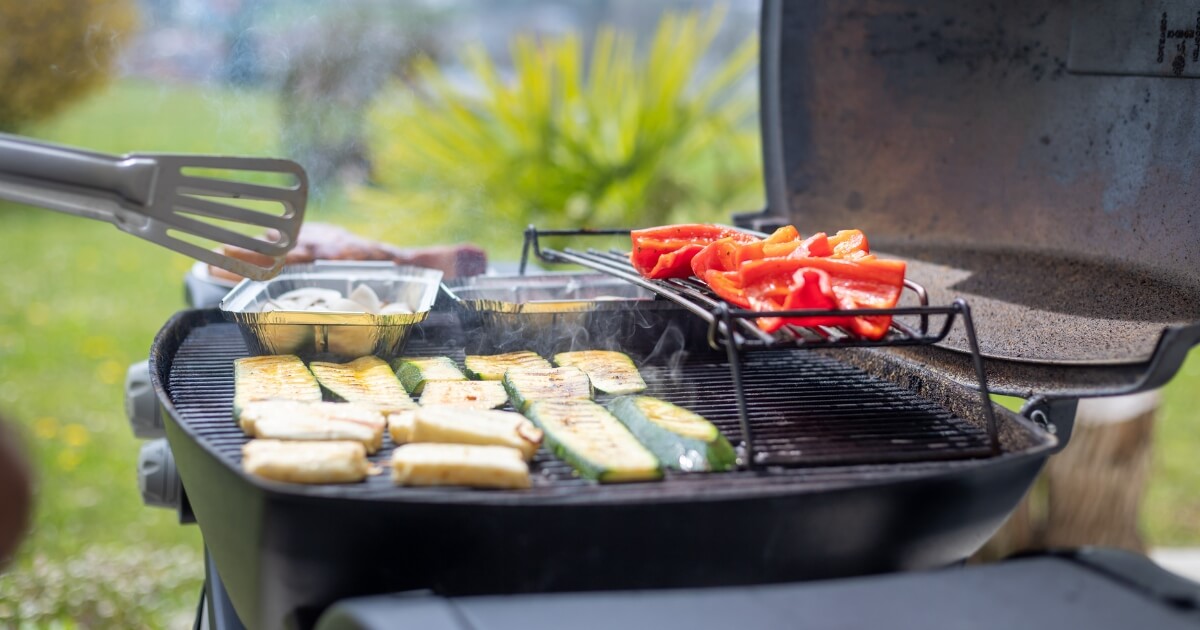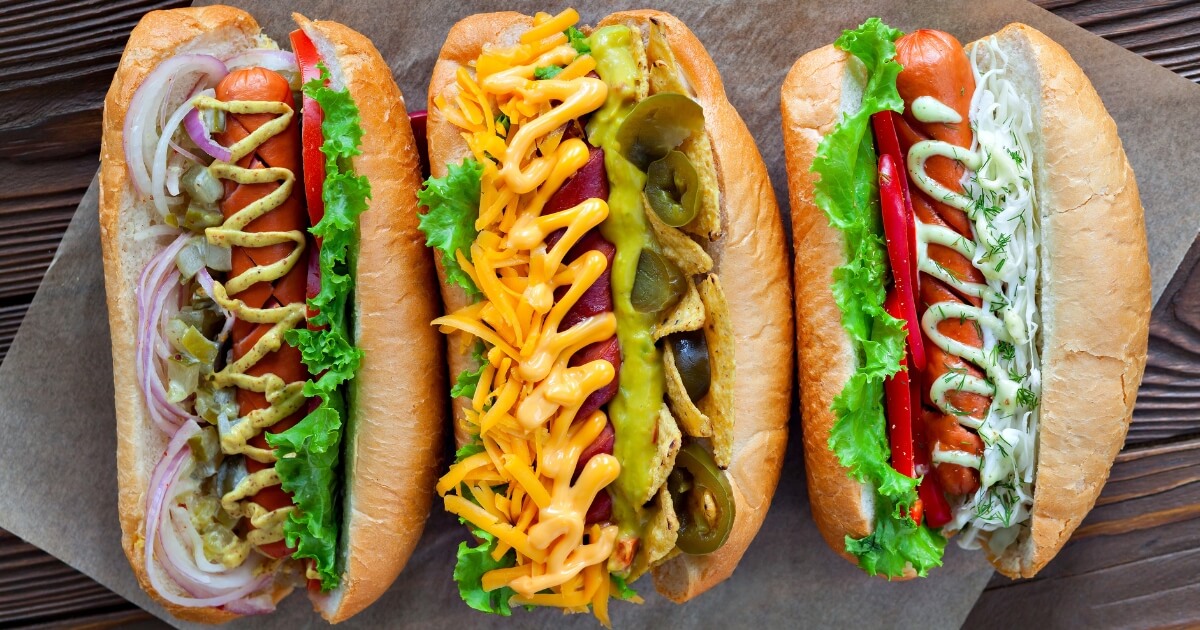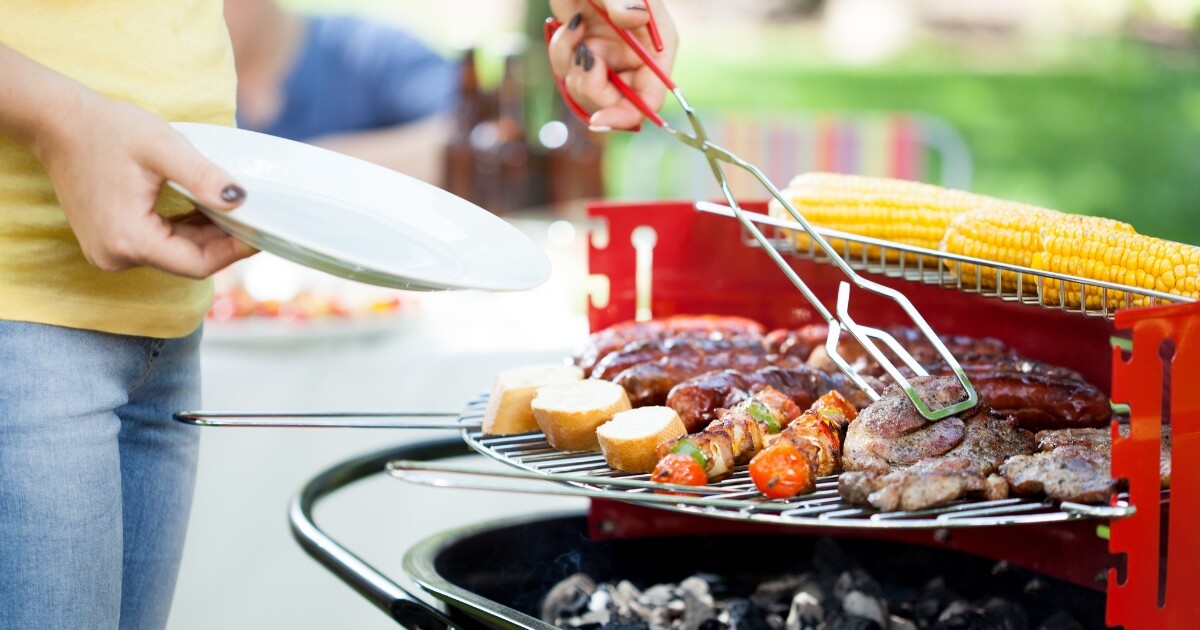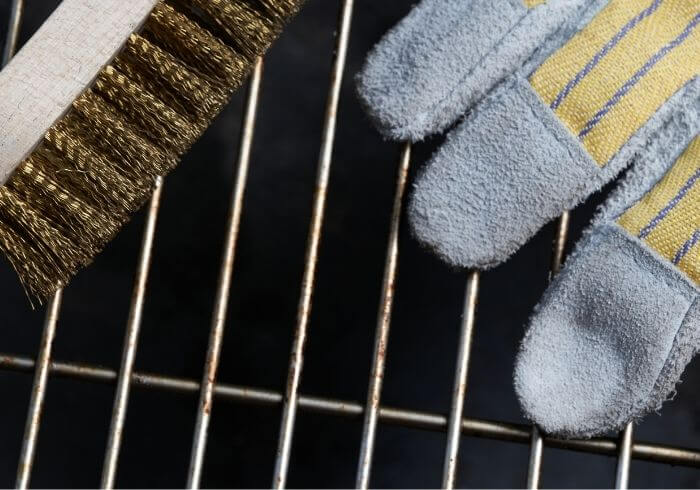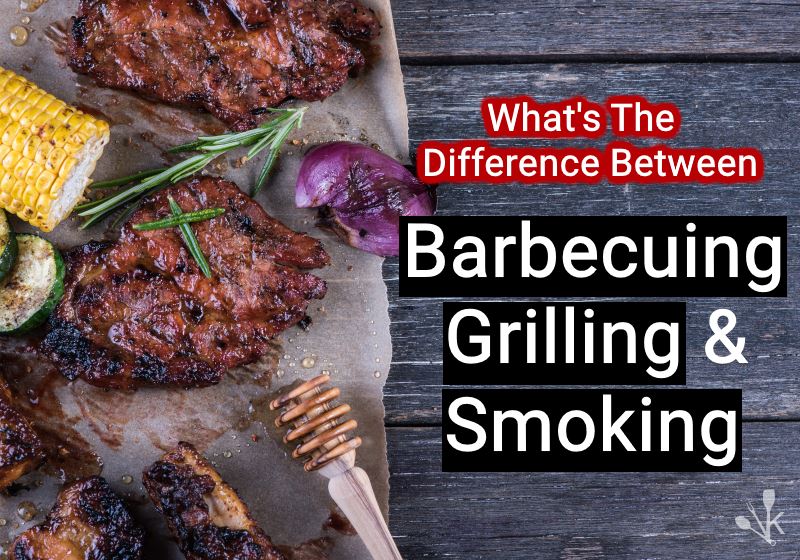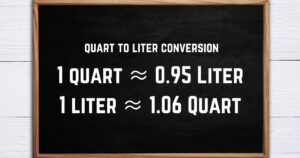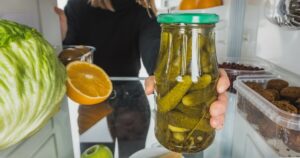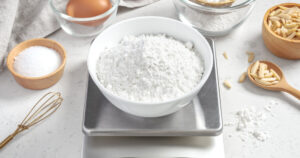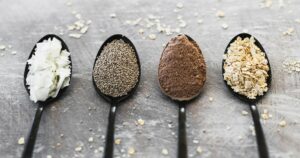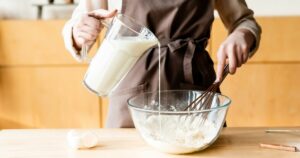Everybody loves food cooked on the grill! Unfortunately, this can include unwelcome critters, including mold. Mold loves moisture and stagnant air.
If you seal up your grill with a cover, you may protect it from rust, but mold can grow inside your grill with limited airflow.
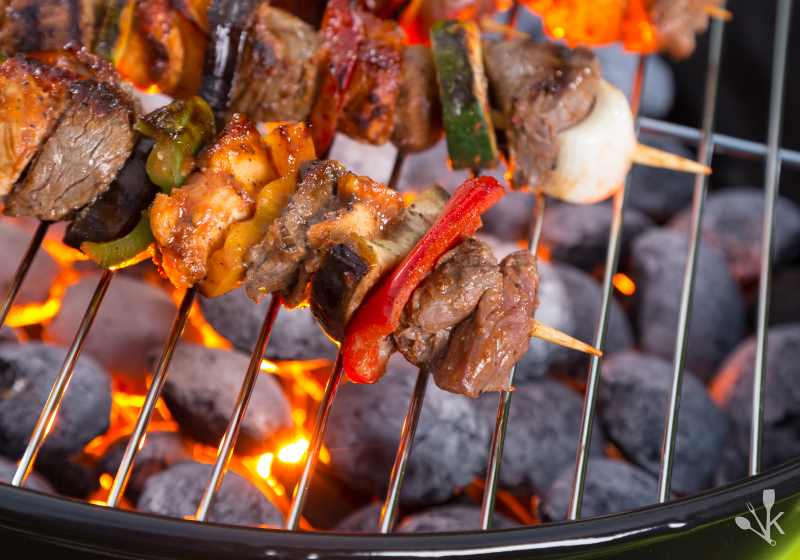
How Do I Get The Mold Out Of My Grill?
First things first: Protect yourself. Don’t worry about getting out the brushes and scrapers; you might inhale a lot of the mold spores as you disturb them and make yourself sick. If you have a face mask, wear it.
You might also consider a surgical mask to protect your airway, and keep the family (particularly any little children) away from the grill until you’ve had a chance to burn off the mold.
Grilling expert Joe Pino recommends dumping any old briquettes, loading the grill with new briquettes and firing it up.
Will heat kill mold? Yes. It will also burn out any old grease left in your grill.
Once you’ve destroyed the mold and the grill has cooled, scrape down all surfaces and was everything with hot soapy water. Rinse and dry everything thoroughly, then start another fire to burn off any remaining spores and completely dry your grill.
How Hot Does It Have To Get To Kill Mold?
The mold on your grill is happily growing on the food remnants left on the grate or grease left in the pan.
For the ideal temperature to kill mold on food, experts recommend raising the temperature to 140 degrees Fahrenheit / 60 degrees Celsius.
Preventing Moisture Build-Up In The Future
When cleaning up after a grilling session or if you’re putting your grill away at the end of the season, always wrap things up with a serious fire after you’ve washed out the grill.
This will:
- Burn away and all grease or food particles remaining in the pan, on the grate or inside the lid.
- Dry the grill completely.
On metal grills with stainless steel grates, wire brushes and pressure washers can be used for the last clean-up of the season.
If you have a ceramic cooker, note that many washing tools such as power washers and heavy metal brushes will not work as they can damage the ceramic surface. You can use a plastic scraper to remove any grease residue that survives that final cleansing fire.
A Word About BBQ Covers
Unless your grill lid leaks, avoid covering your grill. What to do if the inside of a grill gets wet?
This generally happens when your lid leaks or when moisture condenses on a hot grill that cools down under cover or under conditions of little air flow.
It’s critical to let your grill cool down with plenty of air flow. Leave side doors open as possible. If you have a stainless steel grate, it won’t rust.
Final Thoughts
As grilling season heats up, check your grill for mold and rust. If you find mold, protect your eyes and breathing passages as you remove old briquettes and load new ones.
Fire up your grill to at least 140F/60C to kill off the mold spores and then clean out the grill. Leave the cover off if your lid is watertight and let a good airflow protect your grill from mold and rust overgrowth.

